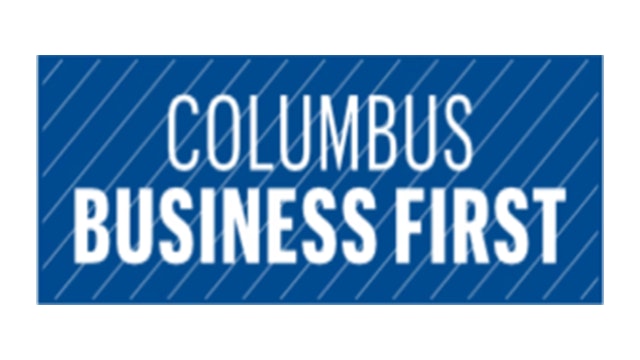
Rick Milenthal thinks the key to improving the diversity of the marketing and advertising industries is investing in talented young people. That's why The Shipyard CEO has partnered with Ohio State University's Black Advertising and Strategic Communication Association for a new internship program designed to provide Black students with work experience in the field, Milenthal said.
"If you want to make long-range change in an industry that needs change, as most industries do, then start with the youngest and the smartest," Milenthal said. "At ad agencies, we're supposed to be touching all of America and understand all of America, and most agencies have a lot of people who look the same. Most are not very diverse. It's a mistake."
The lack of diversity in the industry is stark. Just 3% of chief marketing officers and equivalents are Black, according to a 2020 study from the Association of National Ad vertisers. Nearly 90% are white, 5% are Asian and 4% are Hispanic. The partnership with OSU's BASCA launched in 2020 after Milenthal teamed up with Osei Appiah, an Ohio State professor. Already, the program has resulted in The Shipyard hiring two of its first BASCA interns as full-time employees, with another two interns spending this summer at the firm.
One of The Shipyard's new hires is Jelani Gibson, who graduated from OSU this spring. He said the Shipyard's program "really makes tangible change."
"I've heard the excuse, 'Oh, we just can't find any (diverse) talent,'" Gibson said. "I've heard that repeated quite a bit. Programs like this are what really make the difference."
"We're out there, you've just got to look for us," said Mwesi Stokes, the Shipyard's other recent hire.
The lack of diversity in the advertising and marketing industries is clear to Stokes and Gibson. There are prominent examples of companies that have had to go into crisis communication mode because of it, whether it's the Aunt Jemima rebrand, or H&M, which landed in hot water a few years ago over a racist depiction in its advertising. "For us, it's like, how did they let that through? It can easily forever shift a company and practically destroy their reputability," Gibson said. "There's so many mistakes that were so easily avoidable. That's how I was able to see there was clearly a lack of diversity."
Stokes said his goal is to "make corporate America look like America" so everyone is included.
Milenthal urged other colleagues in the marketing industry, especially in Columbus, to start similar programs in order to help build the talent pipeline here.
"We'll probably develop 40 to 50 young people in the next five years," Milenthal said. He said he is hoping that within four to five years, "the face of this agency will change considerably because of this program.
"They're going to be great talent for us and will make our agency better," Milenthal said. "This program has been completely embraced by this company. I did it be cause I knew it was the right thing for our company and for the industry. It has been outstanding."